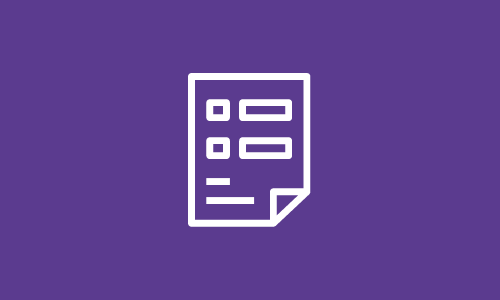Equity
It remains a critical challenge to ensure all children—regardless of race, ethnicity, gender, socio-economic status, and/or ability—have access to a high-quality education. We are at a pivotal time where communities and schools are navigating issues of equity, poverty, and opportunity gaps against a backdrop of shifting education policy. With access to exceptional data and a multi-disciplinary team of researchers and research partners, we are able to provide unique insight into these important issues.


COVID-19 closures & learning loss
In this webinar, Dr. Beth Tarasawa, Sal Khan, Dr. Jesus Jara, and Kimberly Cockrell share implications of recent research that provides some insights on potential academic impacts of COVID-19, as well as insights for action to help educators, policymakers, and families address and plan for the impacts of this extended pause in classroom instruction.
By: Beth Tarasawa, Megan Kuhfeld
Topics: COVID-19 & schools, Equity, Seasonal learning patterns & summer loss


This technical appendix outlines the methodology behind the projections in the NWEA research white paper, The COVID-19 slide: What summer learning loss can tell us about the potential impact of school closures on student academic achievement.
By: Megan Kuhfeld, Beth Tarasawa
Topics: COVID-19 & schools, Equity, Seasonal learning patterns & summer loss


COVID-19 school closures will likely affect student academic achievement. Research on summer learning loss offers insights to help plan for and address some potential impacts of this extended pause when students return to school.
By: Megan Kuhfeld, Beth Tarasawa
Topics: COVID-19 & schools, Equity, Seasonal learning patterns & summer loss


How can leaders in education better understand and address opportunity gaps in course-taking? District administrators in Gresham-Barlow School District (GBSD), just outside Portland, Oregon, took a data-driven approach.
By: Teresa Ketelsen, Beth Tarasawa
Topics: Empowering educators, Equity, High school


ELLs on the cusp: Should we reclassify?
This article explores the complexities teachers face in determining when English Learner students near the proficiency threshold should be reclassified, and provides important recent research findings to help guide the decision-making process.
By: Angela Johnson, Claude Goldenberg
Topics: Equity, English Language Learners


Self-efficacy and the ELL achievement gap
In this webinar, learn more about the relationship between self-efficacy and the achievement gap for English Language Learners (ELLs).
By: James Soland
Topics: Equity, English Language Learners, Social-emotional learning


Relationships between poverty and school performance
An NWEA webinar by Dr. Andy Hegedus on the relationships between poverty and school performance
By: Andrew Hegedus
Topics: Equity, High-growth schools & practices


